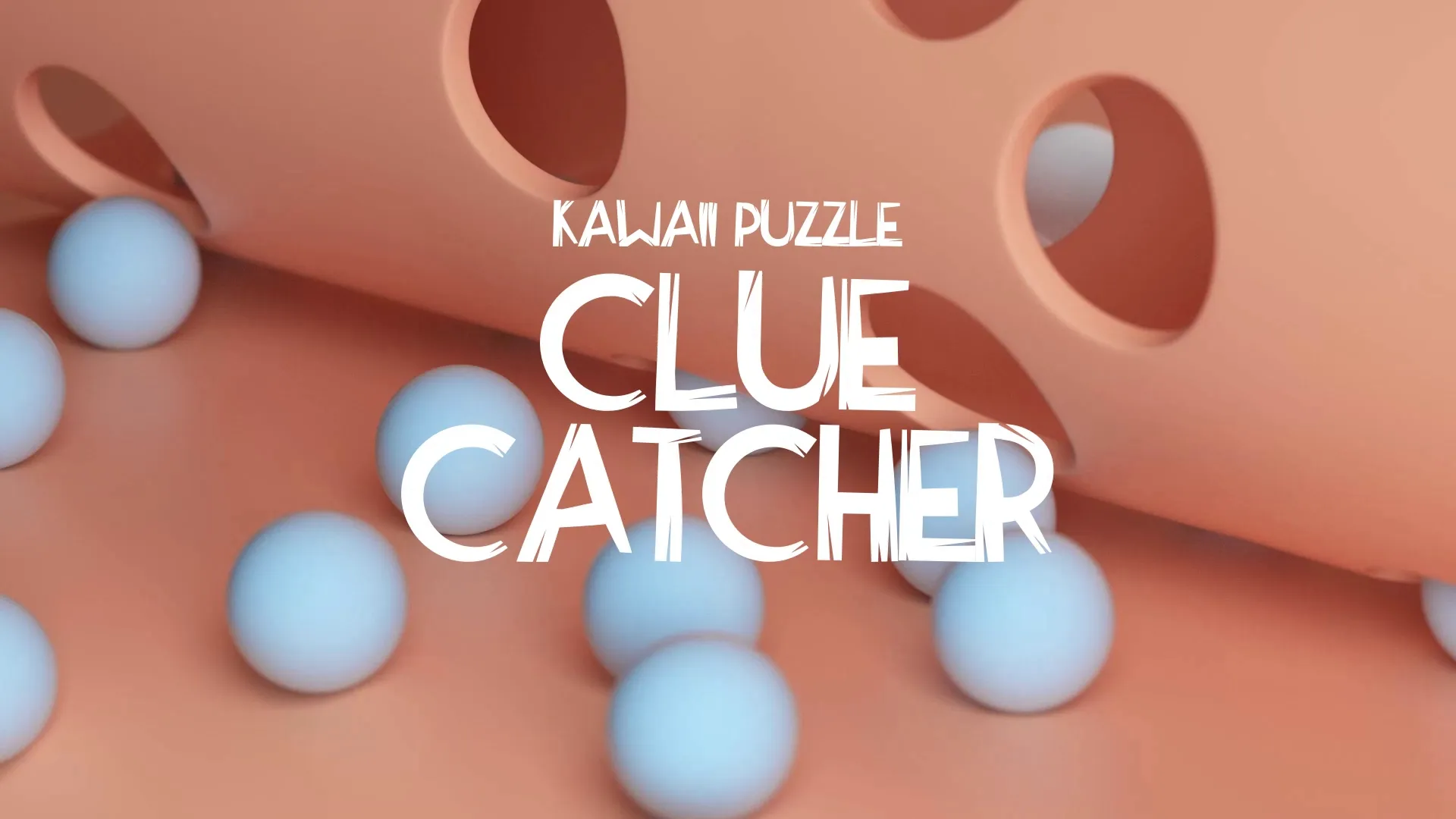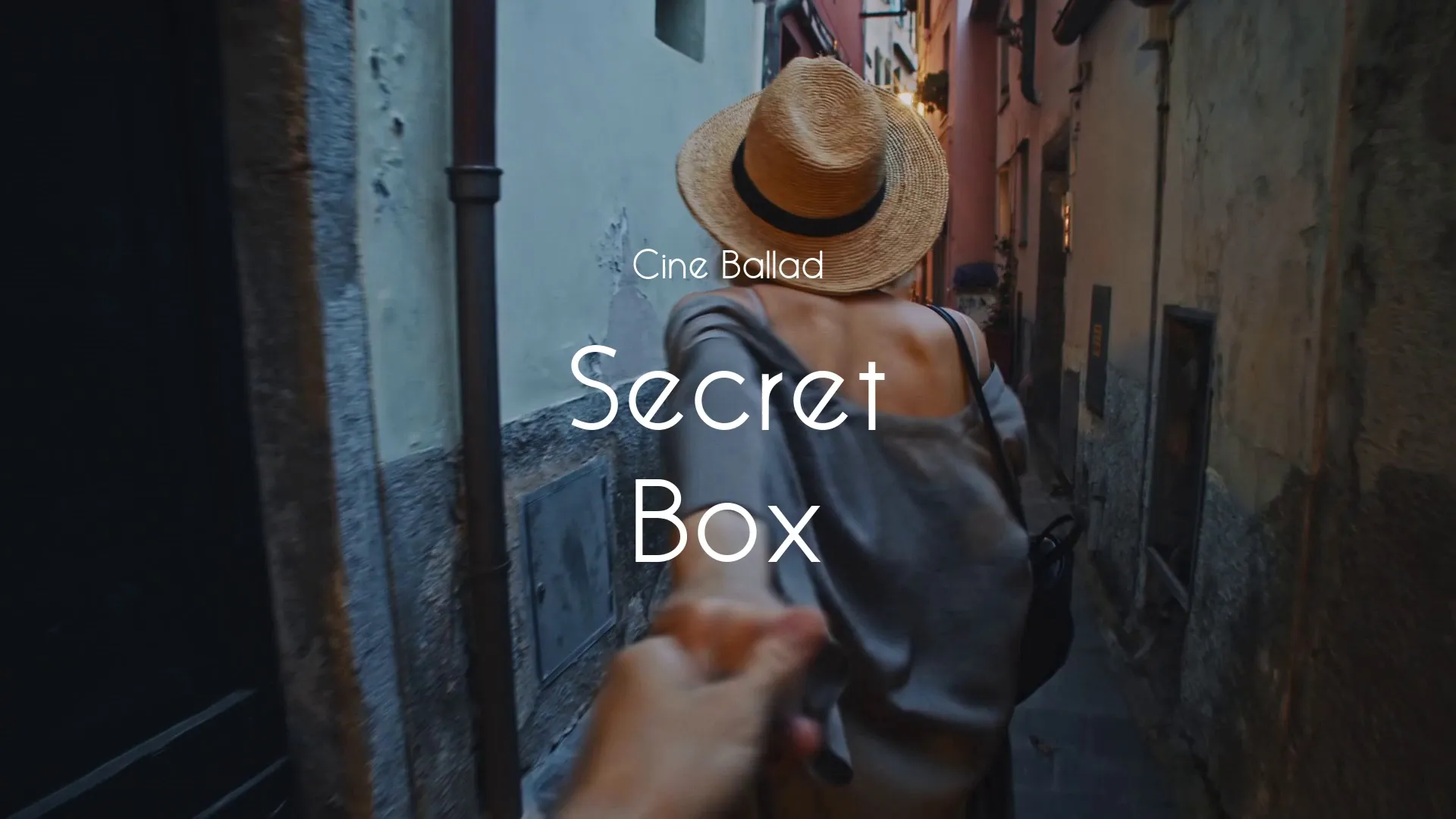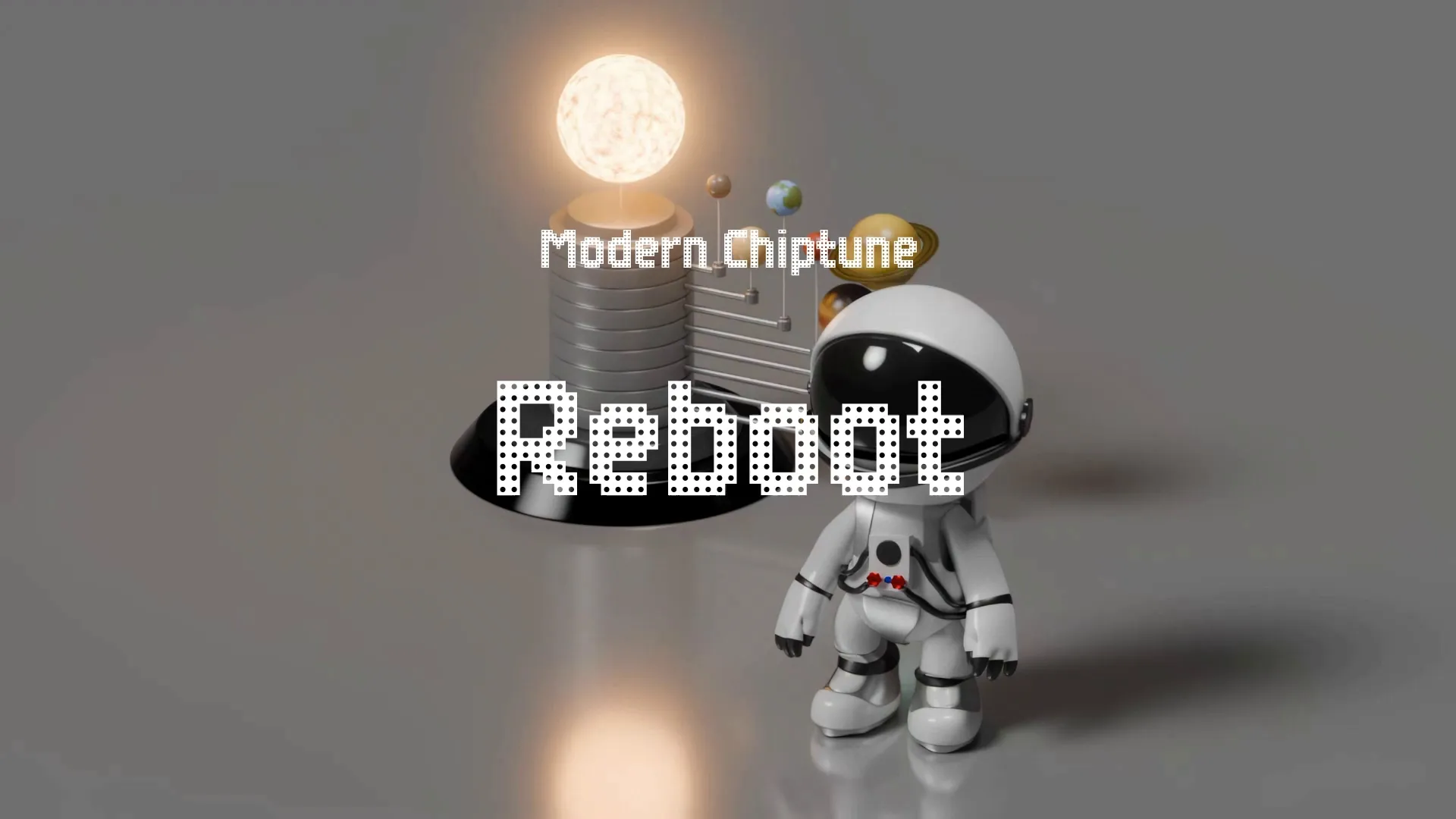The Illusion of Choice: Why Meaningful Decisions Matter in RPGs
Alright, buckle up, buttercups! We’re about to dive headfirst into the murky waters of choice in RPGs, and trust me, it’s gonna be a wild ride. Ever feel like you’re “choosing” between vanilla and slightly different vanilla? Yeah, that’s the illusion of agency, and it’s about as appealing as a goblin’s armpit.
The Great Choice Lie
Think of your favorite RPG. The sweeping landscapes, the epic battles, the carefully crafted characters. Now, think of those “pivotal” choices you made. Did they really matter? Or were you just being gently guided down a pre-determined path, like a bowling ball in a lane with ridiculously high bumpers?
That, my friends, is the “illusion of agency” – a cruel and unusual punishment disguised as player freedom. It’s the RPG equivalent of being offered a choice between two doors, only to find they both lead to the same room filled with slightly used furniture.
Why Fake Choice Bites
This charade isn’t just lazy game design; it’s actively detrimental. Here’s why:
Frustration Festering: Imagine painstakingly crafting a morally grey character, agonizing over every decision. Then, BOOM! The game railroads you into being either a saint or a complete monster. The illusion shatters, and all that effort feels like throwing gold coins into a wishing well… that’s been drained and converted into a parking lot.
Immersion Implosion: A good RPG is like a great novel – you get lost in the world and become invested in the characters. But when choices are meaningless, the veil drops. You’re no longer Arthur, the brave knight; you’re just a guy mashing buttons in front of a screen, acutely aware that nothing really matters. The immersive experience turns into a trip to a doll house, where all the furniture is glued to the floor.
Ownership Obliteration: When your choices don’t impact the story, you lose a sense of ownership over your character. They become a puppet on strings, dancing to the tune of the game developers’ pre-written narrative. You no longer own the story, the story owns you.
Case Study: The Dialogue Doldrums
Ever been stuck in a dialogue tree that’s about as engaging as watching paint dry? “A. Yes,” “B. Affirmative,” “C. I concur.” Each option leads to the exact same outcome. This is a classic example of fake choice.
Consider the Telltale Games formula. While lauded for its narrative focus, many argue that the choices presented ultimately have little impact on the overall storyline. Endings are often similar regardless of player decisions, leading to a sense of disillusionment. “He will remember that,” turns into “He will remember that… until the next scene when it doesn’t matter at all.”
How to Break Free from the Illusion
So, how do we escape this prison of pre-determined outcomes? Here are a few tips for developers and players alike:
Meaningful Consequences: Choices should have tangible effects on the game world, character relationships, and the overall narrative. The impact doesn’t have to be world-shattering every time, but it should be noticeable. Make the player feel the weight of their decisions, as if they were balancing a stack of priceless china on their head.
Branching Narratives: Instead of a single, linear storyline, create multiple paths that players can explore. This doesn’t mean creating a million different endings (that’s a development nightmare), but it does mean allowing for meaningful divergence based on player choices. Think of it like a choose-your-own-adventure book, but with significantly more dragons.
Embrace Ambiguity: Not every choice needs to be a clear-cut “good” or “bad” option. Embrace moral ambiguity and present players with dilemmas that have no easy answers. This forces them to grapple with the consequences of their actions and makes the story more compelling.
Create a free account, or log in.
Gain access to free articles, game development tools, and game assets.






.webp)










.webp)




